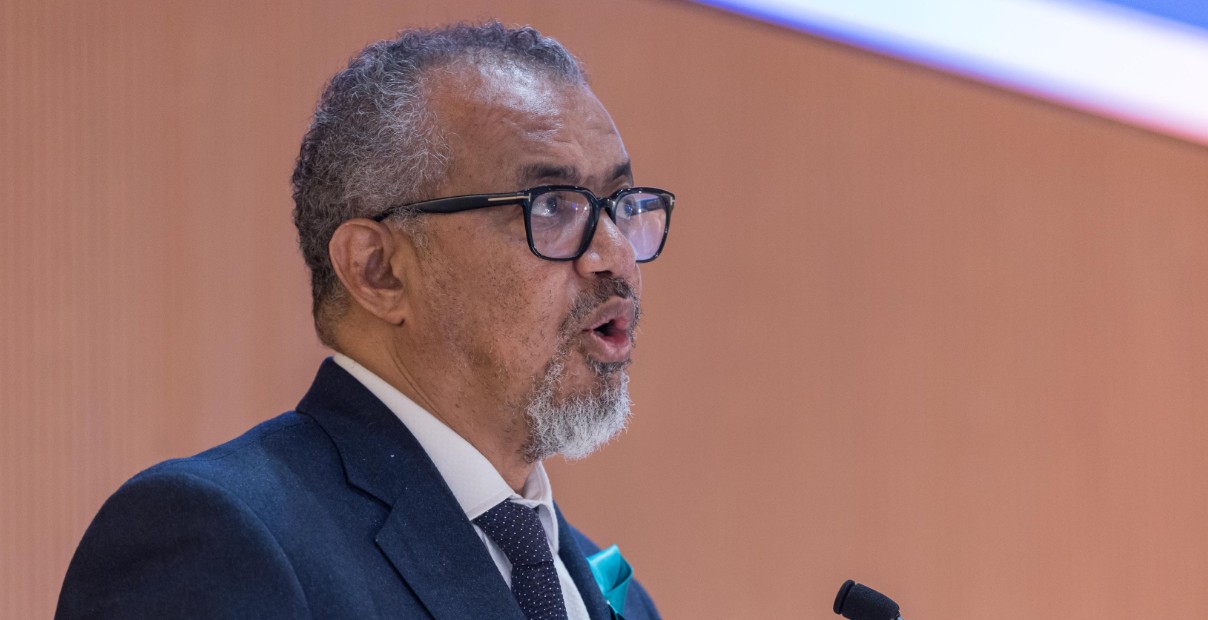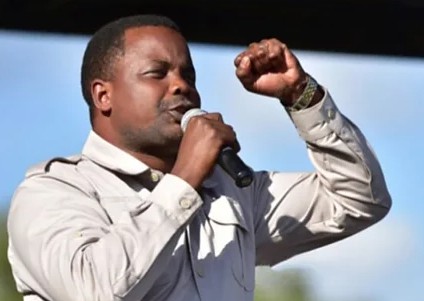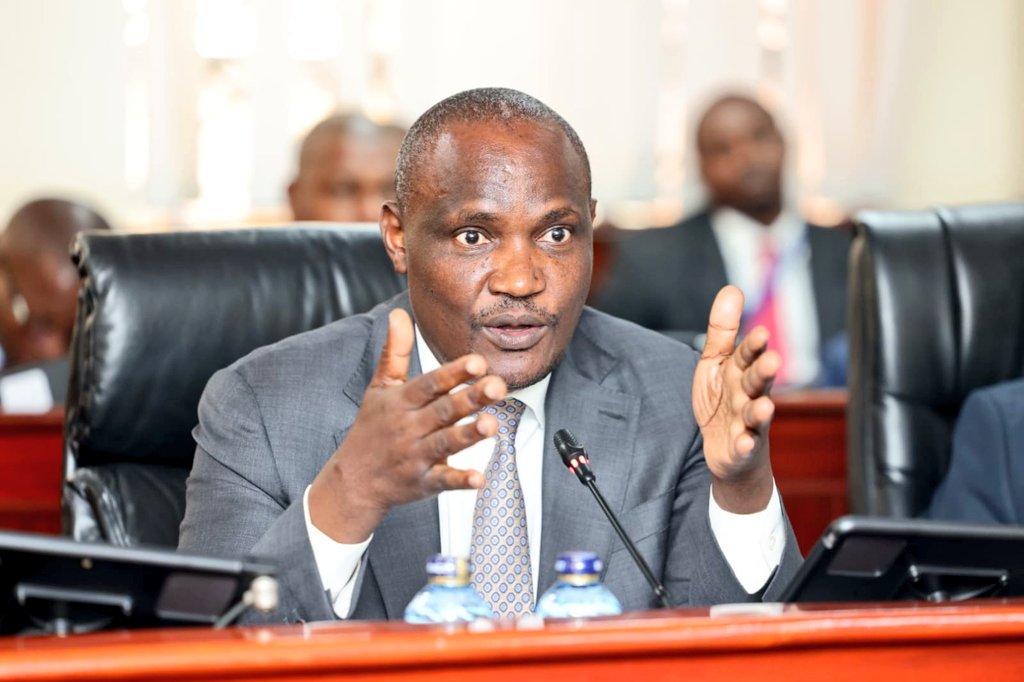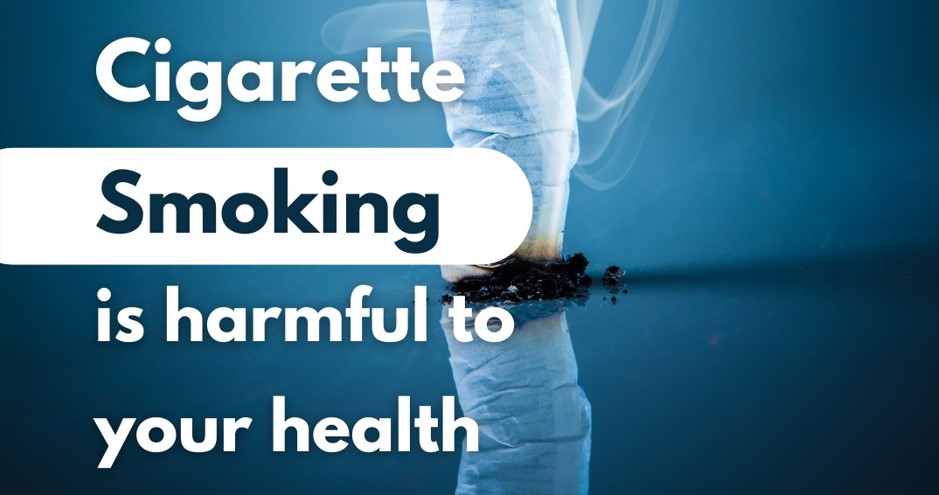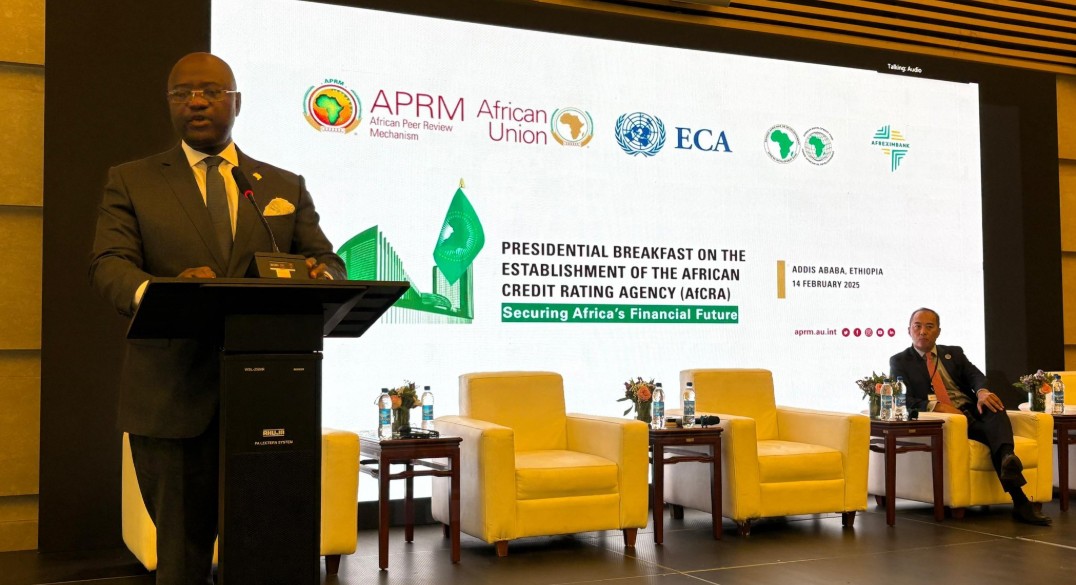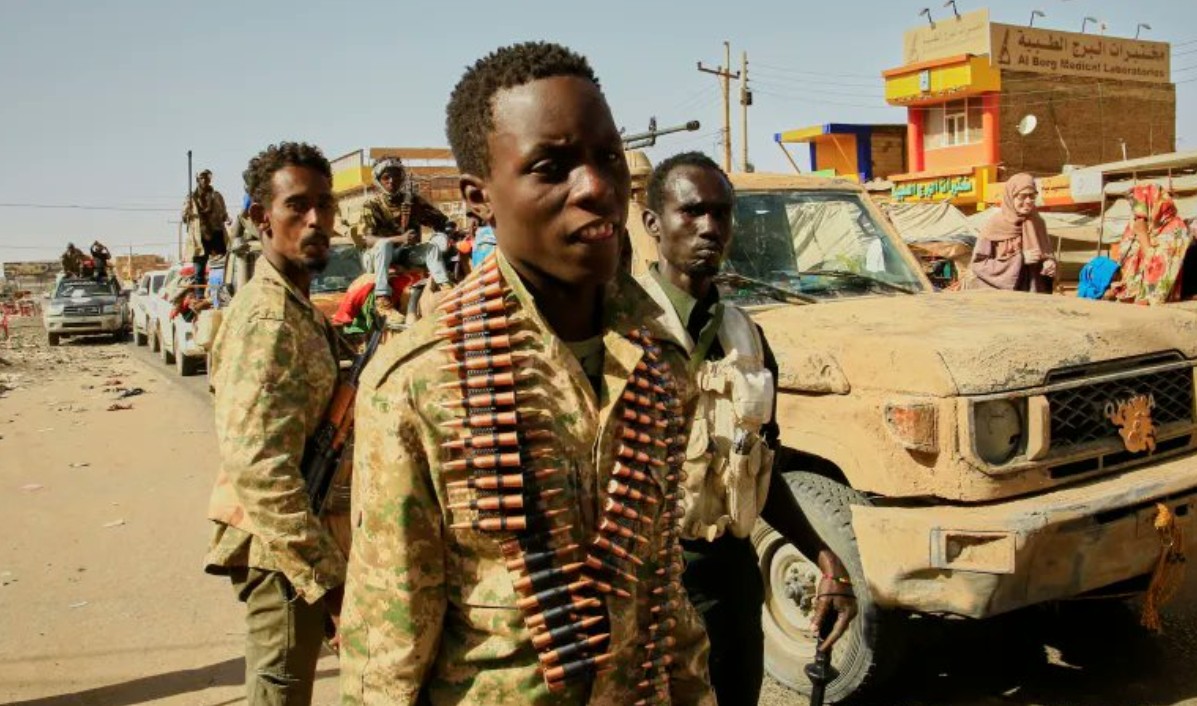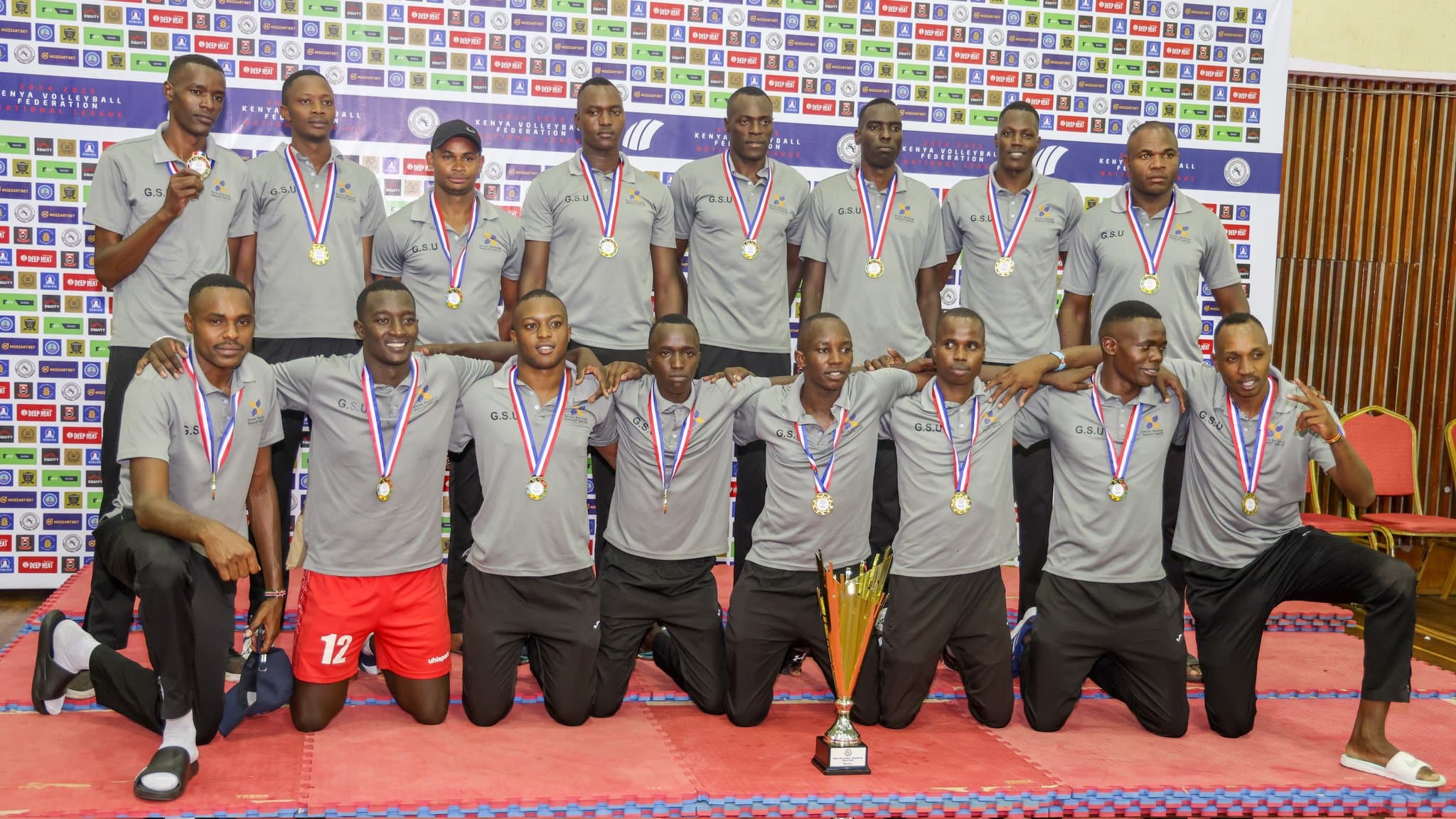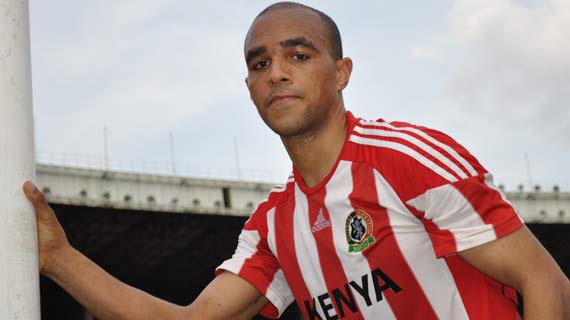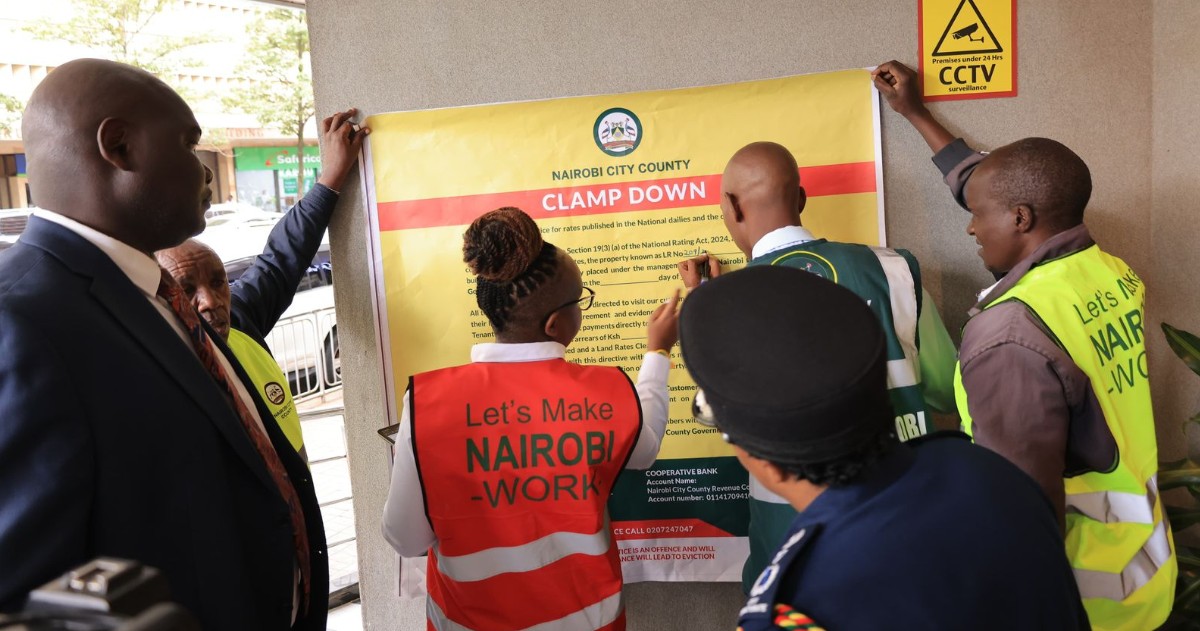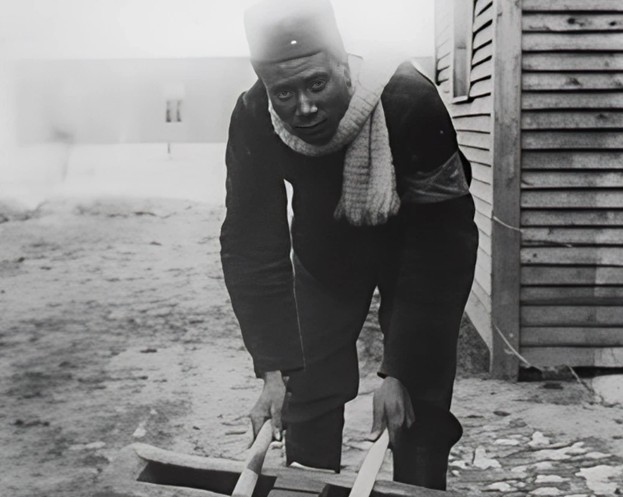‘He never even finished his lunch’: Grief, questions after blogger Omondi dies in police custody
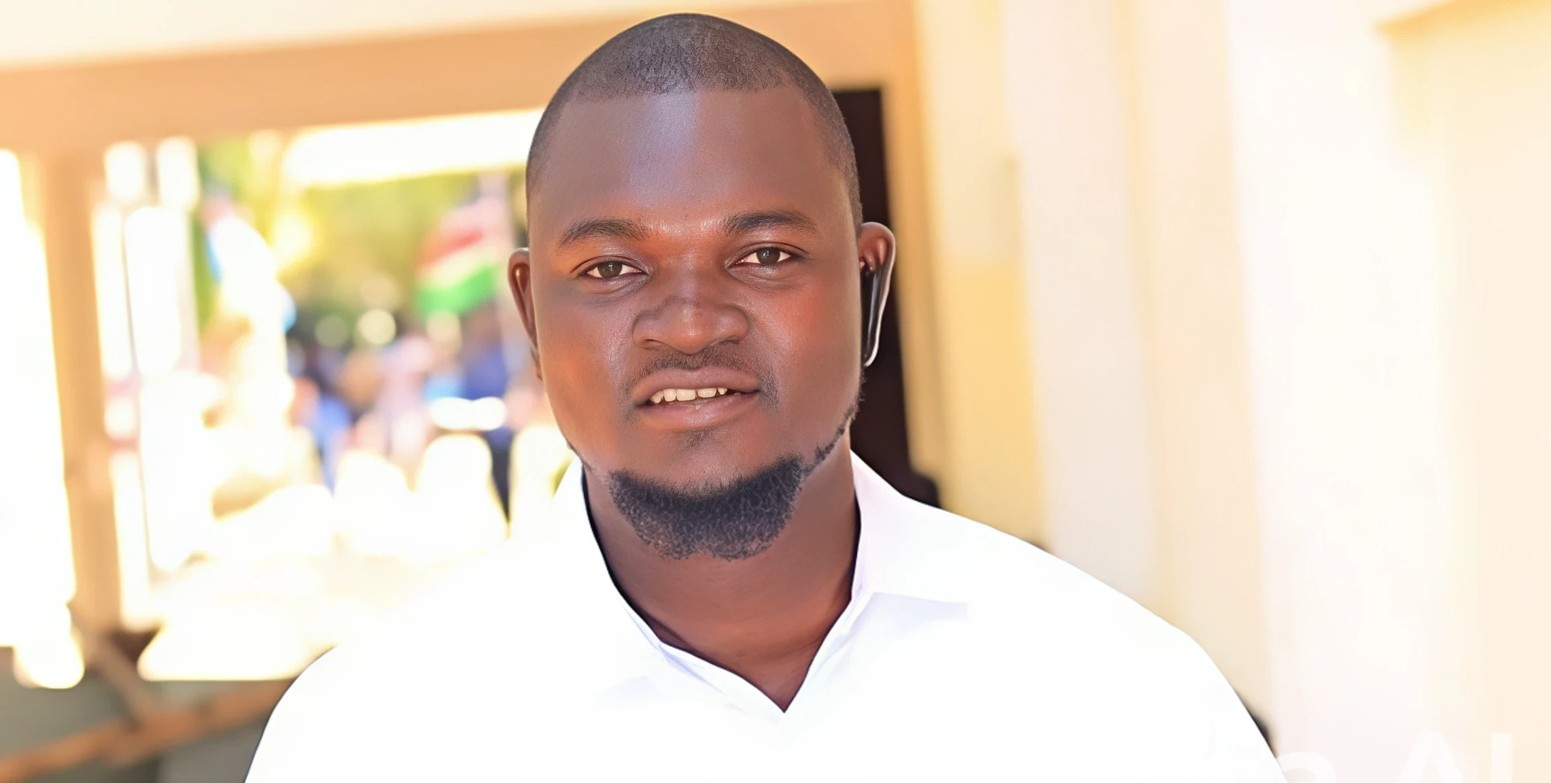
Amnesty further urged that the findings of the investigations be made public and that any officers found responsible be held fully accountable per the law.
The father of Albert Omondi Ojwang, the 26-year-old man who died in police custody after his arrest over a social media post, has shared a heartbreaking account of his son's final hours and called for answers over the mysterious circumstances of his death.
Addressing journalists outside Nairobi's Central Police Station on Sunday, Omondi’s father, Meshack Opiyo, reminisced about how police officers stormed their home in Kakot, Homa Bay County, as the family was having lunch on Saturday, June 7, around 1 pm.
More To Read
- I was stripped, beaten- Uganda activist Agather Atuhaire recounts ordeal in Tanzania as Amnesty demands probe
- Amnesty blasts Kenya's Saudi envoy over dismissal of migrant abuse report
- Kenya defends labour deal with Saudi Arabia, dismisses Amnesty report as misleading
- Amnesty raises concern over “crackdown” on health workers in Ethiopia
- Amnesty urges action as report exposes abuse of Kenyan domestic workers in Saudi Arabia
- Amnesty urges Saudi Arabia to scrap kafala system trapping Kenyan domestic workers in abuse
“We were eating lunch when we heard the sound of motorbikes approaching. Three bikes arrived—two went behind the homestead while one parked in front. Each bike carried two people. The visitors then introduced themselves as police officers,” he said.
Opiyo welcomed the officers into his compound, not expecting trouble.
He said his son, Omondi, was sitting on a stone nearby when the officers told him they had come for him.
“They made light of the situation, laughing and saying they had come with handcuffs. They joked that no one would be allowed to finish their meal,” he said.
Opiyo lamented that his son never got to eat before being handcuffed.
When he inquired why his son was being arrested, the officers alleged that Omondi had “badly insulted their boss” on X.
When he asked who their boss was, they warned him not to ask too many questions and directed him to follow them to the police station.
“They placed him in the middle on one of the bikes. I immediately set off; I hadn’t even finished eating,” Opiyo said.
He said the officers mentioned that they had been looking for his son and that another young man from Kisii had also been arrested over similar accusations, allegedly tarnishing the name of their boss by calling him corrupt.
Taken to Nairobi
They then informed Opiyo that they were taking Albert to Nairobi and advised him to follow.
Later that evening, Opiyo said he managed to speak with Omondi around 9 pm, the same time he boarded a bus to Nairobi.
“I asked him, ‘Are you okay?’ He said they were on the road. I told him, ‘Take heart, I’ve already boarded a vehicle.’
He told me, ‘Please talk to the police officers so they don’t place me somewhere I’ll have trouble breathing, because you know I have asthma.’ I told him I would try,” Opiyo said.
Calls unanswered
He said he attempted to contact the officer who had been handed over the phone, but the call was not answered. He then contacted a colleague who had the number of an officer named Sigei, but that call also went unanswered.
Opiyo said he arrived in Nairobi at 4:24 am on Sunday and waited for daylight before heading to the Central Police Station. By 7 am, he said he was at the station.
“I introduced myself and asked to see my son. The officer told me to wait, saying they were still doing headcounts,” he recalled.
After 30 minutes of waiting, he asked again and was told, “Old man, wait, you’ll be assisted.”
Another half an hour later, he returned to inquire once more.
“It was now around 8:30 am. A senior officer I didn’t know came out and told me, ‘We are still working on the headcount and cleaning. Go back and have some tea, then come back around 10:00 am. When you return, we’ll bring your son for you to see him',” Opiyo said, recounting what the officer told him.
“I went back, but I didn’t even eat because I was anxious,” he said.
“When I returned at 10:00 am, I was called by the chaplain and informed that my son had died.”
According to the police, Omondi died from self-inflicted injuries after allegedly hitting his head against a wall while in custody.
Independent investigation
However, Opiyo questioned this version of events and demanded an independent investigation into the incident.
According to a police report, the incident was recorded as a suicide. It noted that an officer conducting a routine check on the cells found Omondi “with blood oozing from his head”.
The report added that he was rushed to Mbagathi Hospital, where he was pronounced dead on arrival.
The report further stated that Omondi, who had been booked for the offence of false publication, sustained fatal head injuries “by hitting his head several times against the wall inside the cell.”
In a statement on Sunday, the National Police Service (NPS) confirmed that Albert Omondi Ojwang was lawfully arrested by DCI officers and placed in custody.
“While in custody, the suspect sustained head injuries after hitting his head against the cell wall,” NPS Spokesperson Muchiri Nyaga said.
Nyaga added that officers noticed the injuries and took immediate action by rushing Omondi to Mbagathi Hospital, where he was declared dead on arrival.
The NPS also said the matter had been referred to the Independent Policing Oversight Authority (IPOA) for investigation.
Transparency and accountability
Kenyans and Human rights organisations have now called for transparency and accountability, with many insisting that the events leading to the death of Omondi are not clear.
“We are deeply saddened by the tragic death of Albert Ojwang, who died last night at the Central Police Station in Nairobi. No Kenyan should lose their life in police custody. Police officers have a legal and moral duty to ensure the safety and well-being of every person under their custody,” Amnesty International said in a statement on Sunday.
“The death of Albert Ojwang while in detention raises serious questions that must be urgently, thoroughly, and independently investigated by the Independent Policing Oversight Authority (IPOA) and the Kenya National Commission on Human Rights (KNCHR).”
Amnesty further urged that the findings of the investigations be made public and that any officers found responsible be held fully accountable per the law.
“This incident is yet another stark reminder of the urgent need for transparency, accountability, and far-reaching reforms within our law enforcement institutions,” the organisation said.
Top Stories Today

